N
Nancy Clark
Guest
Teaming Up with Good Nutrition
Best selling nutrition author Nancy Clark on how and why nutrition is important for soccer players. With COVID hopefully on the decline and team sports hopefully on the upswing, this article on team nutrition might be useful. Regardless, each player is on a team of his or her own, so the information applies to one and all. Here is some basic information:
Food is a powerful performance enhancer.
Solo athletes (such as runners) are keenly aware of the personal benefits that come from fueling their bodies wisely.
Team athletes, however, may feel less inspired to eat wisely, in part swayed by team meals that might focus less on nutrition and more on fun foods. Nachos and wings, anyone?
Hence, soccer coaches may find it hard to enroll all their athletes in responsible fueling. Yet the soccer team that fuels wisely will have an edge over the team that eats a sub-optimal sports diet, particularly when traveling to tournaments.
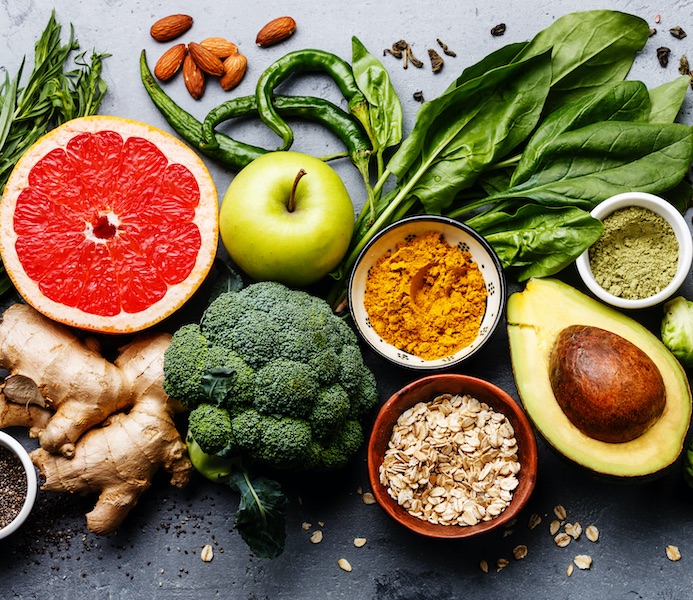
Soccer athletes — and their coaches — want to seriously acknowledge that smart food choices can help a team get to the next level.
Nutrition is invaluable for optimizing not just performance but also health throughout a long season.
When all athletes pay attention to what, how much, and when they consume foods and fluids, their chances for enjoying a winning season get stronger.
Soccer Players: The Importance of Nutrition for Preparing for Game Day
The day before a soccer game or weekend tournament, the team should:
- Train only lightly; this allow muscles time to refuel.
- Hydrate well; the goal being copious light-colored urine.
- Choose carbohydrate-based meals and snacks.
Read: NUTRITION TIPS FOR SOCCER PLAYERS: SHOULD YOU EAT BEFORE A GAME?
For a 150-pound soccer player, the goal is about 1,800 to 2,100 calories per day from grains, fruits, veggies, sugars, and starchy foods to replenish the muscle and liver glycogen stores that gets depleted during training sessions. That’s no Paleo or Keto diet! This means about 450 to 525 grams carb the day before the game to fuel up. More precisely, the target is 3 to 3.5 grams of carbohydrate per pound of body weight (6-8 g/kg). Hence, lighter players need fewer total carbs (and calories) than heftier players.
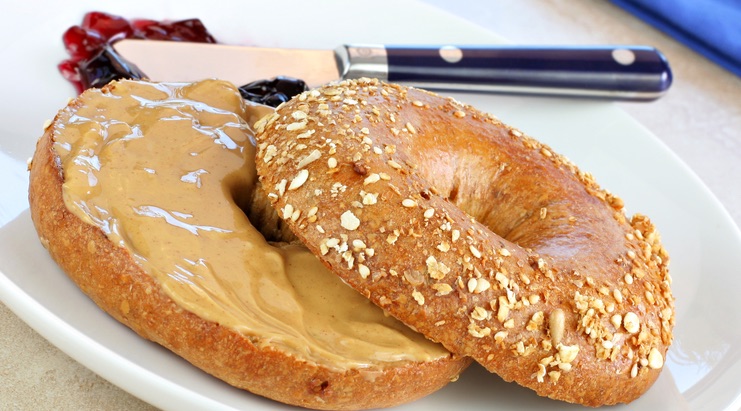
Divided into three meals plus two snacks, we’re talking oatmeal + bagel for breakfast, sub sandwich + fruit for lunch, a pile of pasta with dinner, plus some pretzels and dried fruit for snacks. Every meal should be carb-based.
Soccer players who fill-up on excessive protein at meals, plus choose protein bars and shakes for snacks, commonly eat only half this recommended carb intake.
While protein helps build and repair muscles, it does not fuel muscles. Players who start a game with low muscle glycogen tend to run less distance and be slower than carb-loaded players. This is particularly noticeable in the second half of the game.
Soccer Players: The Importance of Nutrition for Game Day Fueling
A pre-game meal, eaten 3 to 4 hours before start-time will optimize liver glycogen stores that can drop by 50% overnight. Anxious players who sleep poorly could burn even more. A pre-game meal helps fuel high intensity sprints and it delays fatigue so that soccer players can perform better. An adequate pre-game meal is particularly important with a lunch-time kick-off.
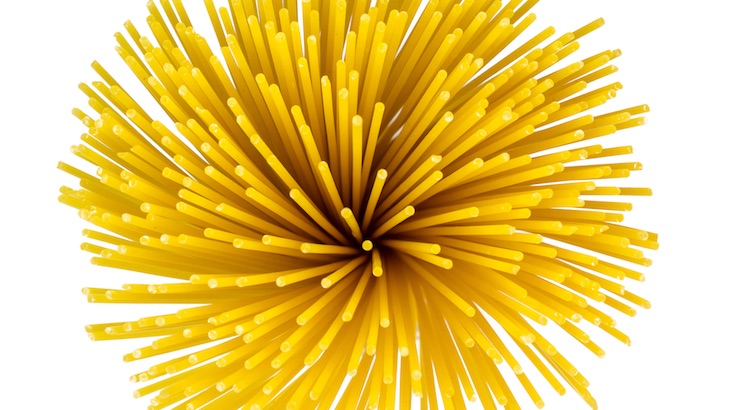
For a 150-lb soccer player, an “adequate” pre-game meal means 300 to 450 calories from grains, fruit or other source of carb that settles well and digests easily. This could be a bagel and a banana; oatmeal with raisins and maple syrup, or two packets of Nature Valley granola bars. More precisely, target ~0.5 to 1.5 g carb per pound of body weight (1-3 g/kg).
Players want to tank-up with water, sport drink, coffee or a familiar fluid in the 2 to 4 hours pre-game. This allows time for them to void the excess fluid, and then drink as tolerated soon before the game.
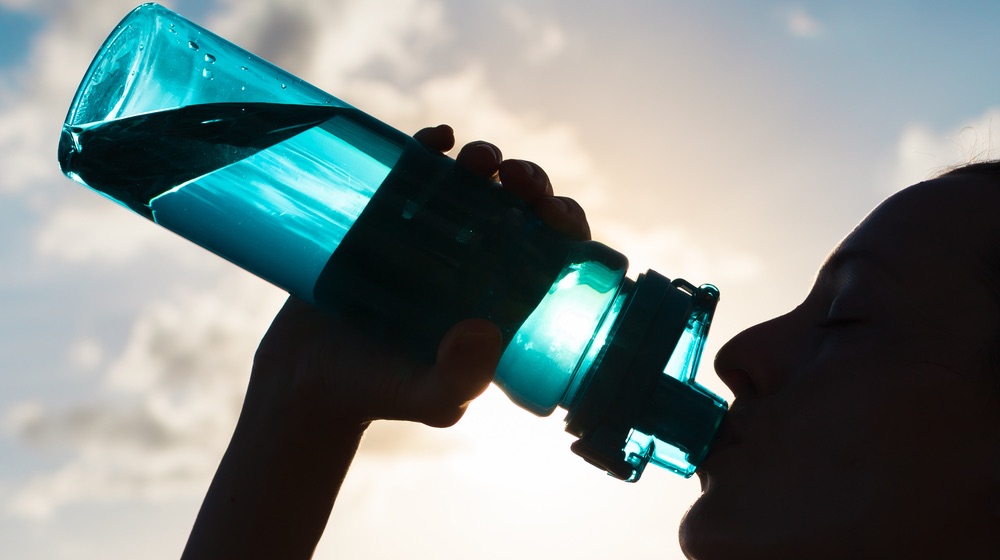
Soccer Players: The Importance of Nutrition During the Game
The overall nutrition goals during the soccer game are to:
- Drink ample fluid to prevent dehydration (but not over-hydrate), and
- Consume ample carbohydrate to prevent blood glucose from dropping. The brain uses carbs to think clearly and focus on the task at hand.
After warm-up and again at half-time, teammates want to consume about 100-250 calories from carbohydrate (~30 to 60 g carb). Sport drinks and gels can be handy sources of carbohydrate at this time. Most gels offer 25 gram carb per packet. This has been shown to improve soccer players’ dribbling speed, passing, and shots on goal. Real food works just as well. Players who poorly tolerate gels can get the same benefit from natural foods (banana, raisins, honey).
Read: SOCCER NUTRITION: FADS, FACTS & FALLACIES
For players who cannot tolerate any food or fluid in their anxious stomach, swishing and spitting a sport drink during breaks in play can potentially enhance performance. You have no need to spit it out if you can tolerate it!
Sweat rates vary from 500 to 2,500 ml per hour. The goal is to prevent a drop of more than 2-3% in pre-match body weight (and also to avoid over-hydrating). That means a 150-lb player should lose less than 3 to 4.5 pounds per game. When training, weigh yourself (with minimal sweaty clothing) before and after the workout to see if you drank enough. This can help guide what your intake should be during a game.
Soccer Players: The Importance of Nutrition for Post-Game Recovery
Soccer players need less time to fully recover if they do a good job of fueling and hydrating before and during the event. This is particularly important in tournament situations and back-to-back games.

SOCCER NUTRITION: PREPARING YOUTH SOCCER PLAYERS FOR GAME DAY — Teaming Up with Good Nutrition
To rapidly replenish depleted glycogen stores, players want to consume 0.5g carb per pound of body weight (1 g/kg) per hour for the next four to six hours. This equates to 300 calories for a 150-pound player and can be accomplished in the locker room with carb-based sport drinks and snacks (grapes, pretzels, banana), followed by a post-game meal at or near the site of the game, and snacks while traveling. Plan ahead if you have night games; you might want to bring food with you.
Read: SOCCER PLAYERS: WHAT YOU EAT CAN HELP YOU RECOVER FASTER
Players with a poor post-game appetite may initially prefer commercial sport foods such as sport drink, but natural foods such as chocolate milk offer more electrolytes, along with carbs, protein and fluid. Tart cherry juice might help reduce muscle soreness.
The post-game goal is to maintain a carb-rich diet (3-3.5 g carb/lb.; 6-8 g/kg) in the 24-hours post-game, and again for the next 2-3 days. Remember, as an athlete, you are either fueling up or refueling! Every meal and snack has a purpose.
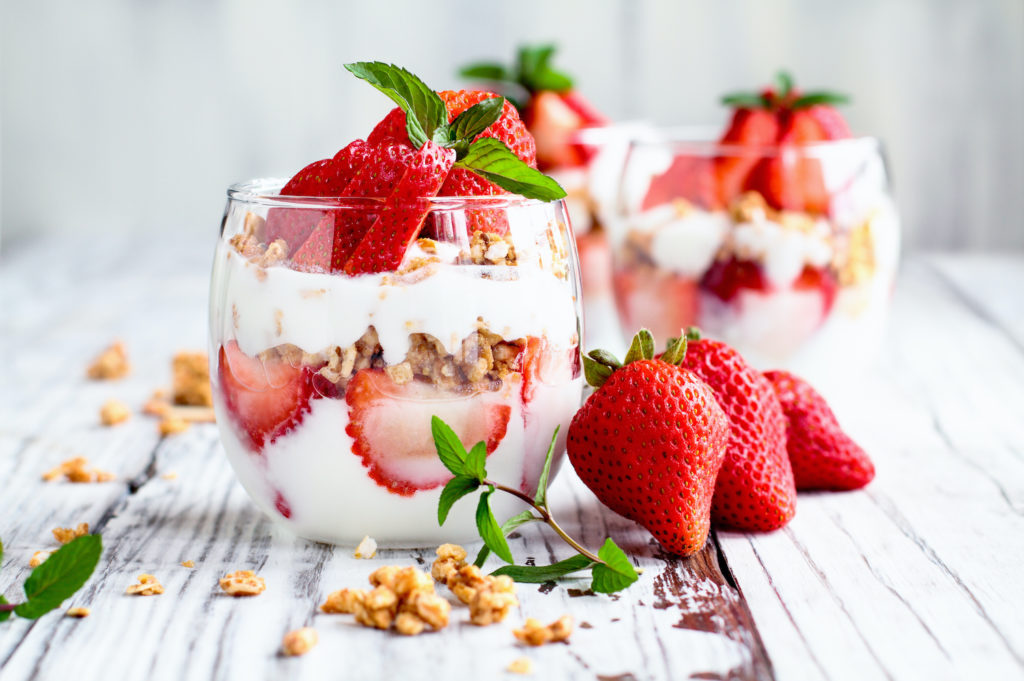
Healthy breakfast of strawberry parfaits made with fresh fruit, yogurt and granola over a rustic white table. Shallow depth of field with selective focus on glass jar in front. Blurred background.
To repair muscles, players want to target 20 to 25 grams of protein at each meal and snack, ideally at 3 to 4 hour intervals. Greek yogurt, hard boiled eggs, cheese sticks, and sandwiches are some portable suggestions. Cottage cheese before sleep might enhance overnight muscle repair.
Read:
When adult teams want to celebrate with alcohol after a match, take note: More than two drinks (2 beers, 10 oz. wine, 3 oz. alcohol) can impair glycogen replacement, muscle repair, and rehydration—to say nothing of hurt the next day’s performance.
Read: SOCCER NUTRITION: HOW BAD IS ALCOHOL FOR PLAYERS?
When recovery is a priority, soccer players should avoid alcohol. Good thing the thrill of victory comes with a natural high!
Related Articles: Soccer Players: Next Level Nutrition; Nutrition Tips for Soccer Players: The Athlete’s Kitchen
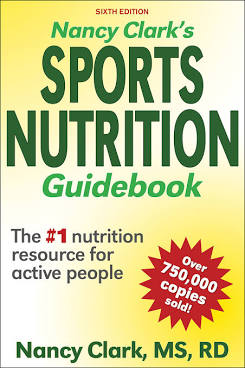
SIDEBAR: Nutritional and medical advice changes with new discoveries and interpretations. Always check with your medical provider and/or nutritionist for what is best for you and your family.
Sports nutritionist Nancy Clark MS RD CSSD has a private practice in the Boston-area, where she helps both fitness exercisers and competitive athletes create winning food plans.
Clark’s best-selling, the 6th Edition of the Sports Nutrition Guidebook, and Food Guide for Soccer, as well as teaching materials, are available at www.nancyclarkrd.com. Click herefor online and live w
The post SOCCER NUTRITION: PREPARING YOUTH SOCCER PLAYERS FOR GAME DAY appeared first on SoccerToday.
Continue reading...
SoccerToday News from Diane Scavuzzo
